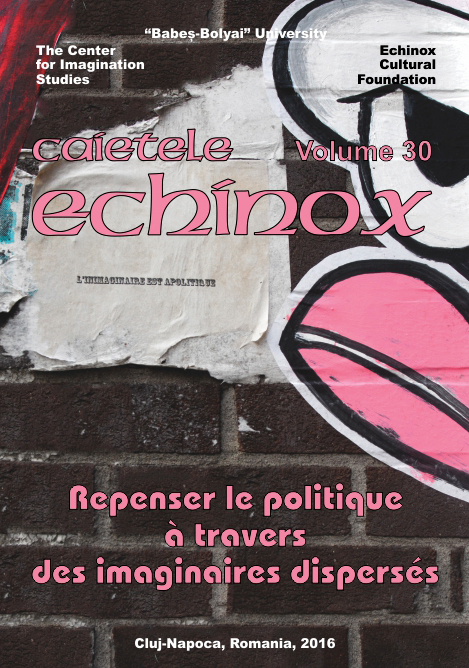La route et la loi du père (jusqu’à La route de Cormac McCarthy)
The Road and the Law of the Father (until Cormac McCarthy’s The Road)
Author(s): Simon HarelSubject(s): Theory of Literature
Published by: Universitatea Babeş-Bolyai
Keywords: Trip; Posthumous Identity; Twilight Literature; Filiation; Paternity; Destruction.
Summary/Abstract: The Road by Cormac McCarthy describes the industrial society in its most obvious aspects: railways, highways, suburbs. In this novel, we can see McCarthy’s critique of the consumer society, which continues the trilogy dedicated to the border between the United States and Mexico, as well as the novel Suttree (1979). Thus McCarthy became the narrator of worlds populated with eccentric characters: misfits and vagabonds, law enforcement officials exposed to the criminal perversion (No Country for Old Men). The Road is America’s ossuary in its absolute cruelty. While The Border Trilogy highlights the disappearance of lifestyle ranchers and owners of agricultural land, The Road is the story of a robbery, as if all life inhabited became the object of a merciless struggle. If the human is useless in this “crap” story in the sense intended by Artaud, of ignoble procreation, what alternative is then available? For McCarthy, the catastrophe allows paradoxically for the rebirth of a twilight topic. The collective killing, in the torments of a genocide or of a nuclear disaster, serves as a convenient argument that brings us back to the staging of the end (of the "hunger") by McCarthy, with some form of masochism.
Journal: Caietele Echinox
- Issue Year: 2016
- Issue No: 30
- Page Range: 39-60
- Page Count: 22
- Language: French
- Content File-PDF

